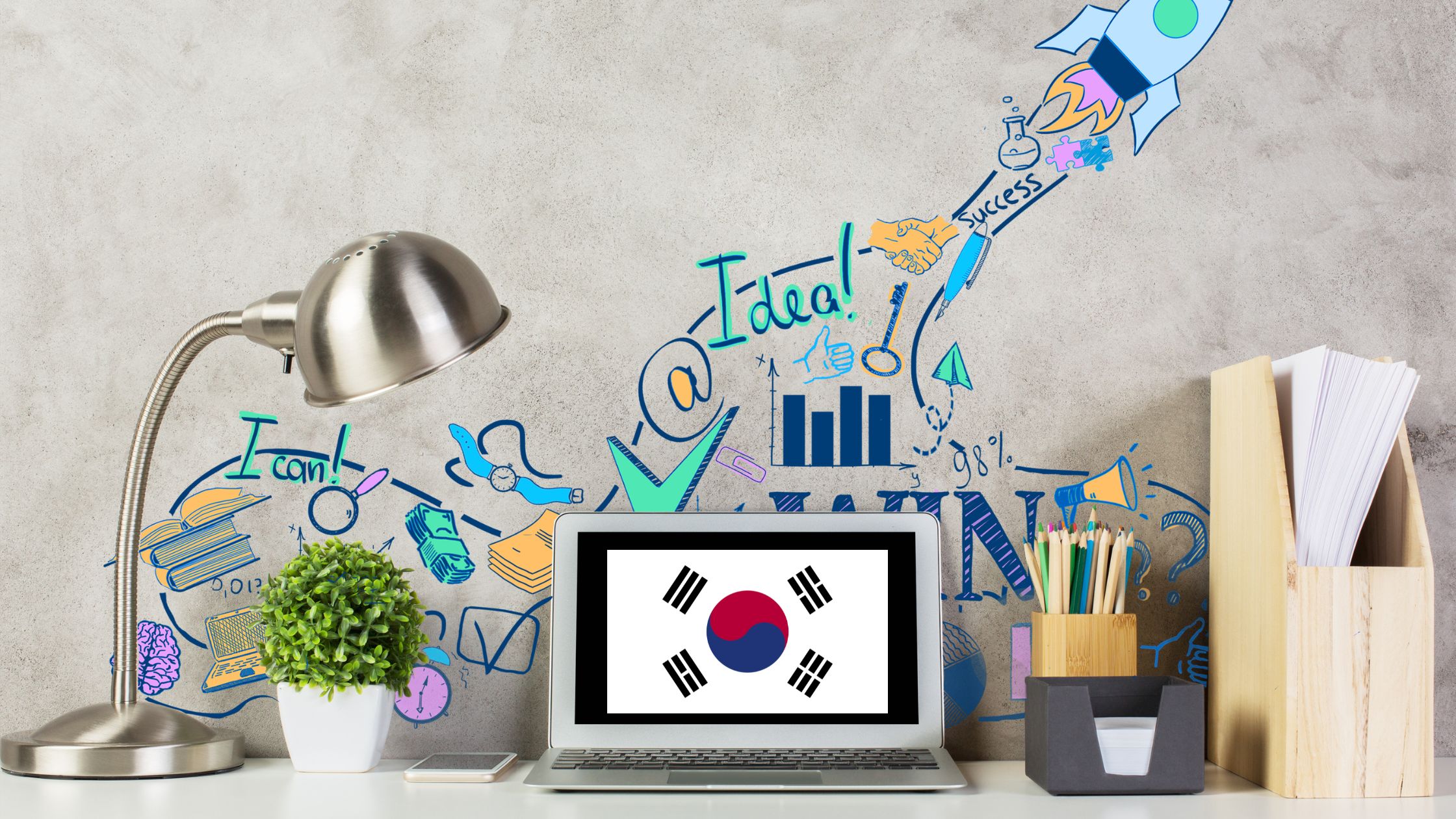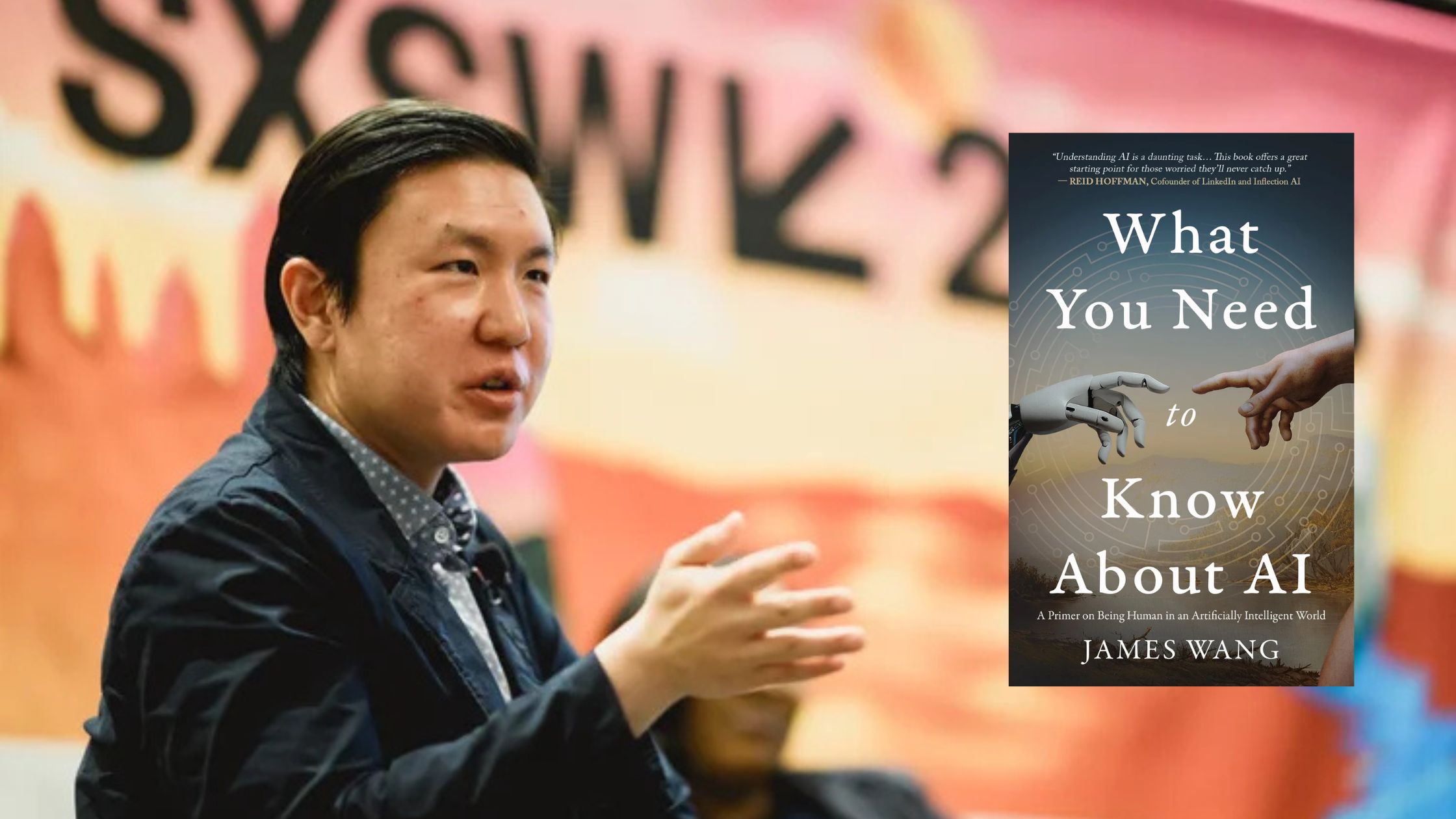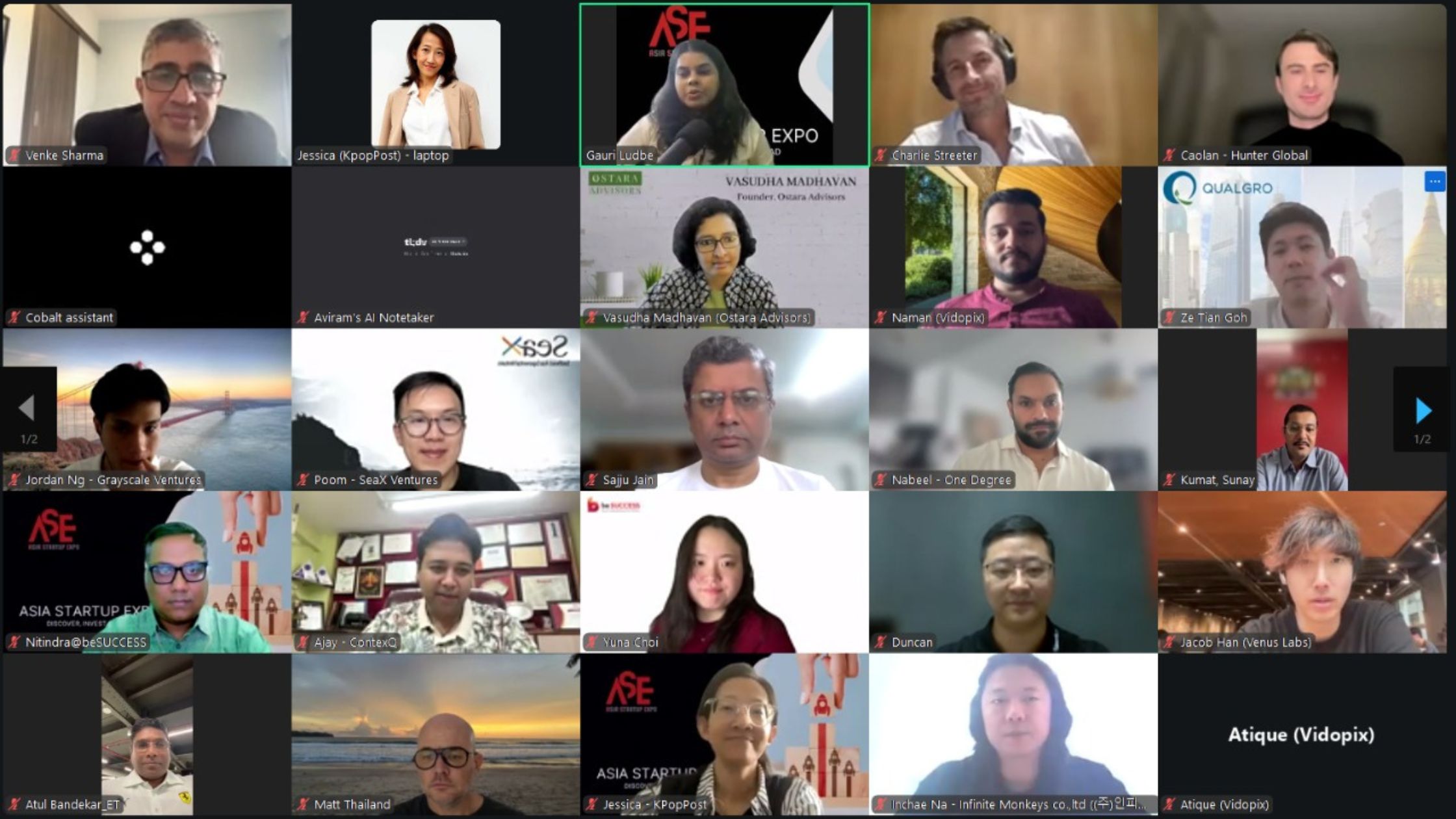AsiaTechDaily – Asia's Leading Tech and Startup Media Platform

President Lee’s Innovation Agenda: What It Means for Startups in South Korea and Beyond
When Lee Jae-myung took office as South Korea’s new president in June 2025, he inherited not just a polarized electorate, but also an economy grappling with slowing growth, deep tech competition, and generational frustration over opportunity. His response? An ambitious innovation agenda that places startups, artificial intelligence, and deregulation at the heart of Korea’s economic renewal.
While his administration is still in its early days, President Lee’s emerging policy direction signals a potentially transformative moment for South Korea’s startup ecosystem — and could have broader implications across Asia.
A Pragmatic, Pro-Market Pivot
President Lee has promised a “pragmatic pro-market government” focused on reviving innovation, deregulating industries, and fueling small-business growth. This marks a strategic shift from decades of chaebol-centered development toward empowering startups and SMEs as drivers of the next industrial leap.
This positioning—while not entirely new—comes at a time when global capital, AI breakthroughs, and geopolitical tensions are reshaping the map of innovation. Lee appears intent on ensuring South Korea doesn’t fall behind.
Betting Big on AI and Deep Tech
At the core of Lee’s innovation blueprint is a ₩100 trillion (US$72B) AI-focused investment plan, a bold public-private initiative to build:
- A “Korean Nvidia”: With 50,000+ GPUs, domestic AI chips (NPUs), and hyperscale infrastructure.
- A homegrown ChatGPT-style large language model tailored to Korean data and values.
- AI semiconductor R&D centers in regional clusters, decentralizing tech growth.
- Military service exemptions for top AI talent to address the brain drain.
These initiatives are not just symbolic — they’re foundational. By embedding deep tech into national strategy, Lee is making it clear that AI is not just a tool for innovation but a geopolitical asset.
For AI and deep tech startups in Korea, this presents immediate tailwinds:
- More access to compute and data.
- Preferential treatment in procurement and pilot projects.
- A clearer path to IPOs or global expansion via state-backed platforms.
Deregulation: From Bottlenecks to Runways
Korea’s innovation story has long been weighed down by red tape. Startups routinely cite restrictive licensing regimes, limited sandbox availability, and opaque compliance frameworks.
What to expect:
- Negative regulation frameworks that allow anything not explicitly banned.
- Faster approvals for fintech, biotech, and AI pilots.
- A crackdown on monopolistic practices by entrenched chaebols.
This regulatory thaw is designed to create an environment where:
- Founders can iterate without legal bottlenecks.
- Venture capital can flow into riskier, frontier ventures.
- Foreign startups and investors view Korea as a viable landing pad for Asia expansion.
Strategic Tax Incentives and Capital Flows
To support scale-ups and industrial champions, Lee’s administration has proposed:
- A 10% production tax credit for domestic semiconductor manufacturing.
- AI-focused startup grants and seed-stage co-investment funds.
- Integration of innovation policy with export and trade strategy, targeting ASEAN and beyond.
For VCs and corporate innovation arms, this alignment means:
- Increased deal flow in AI, semiconductor, and smart manufacturing startups.
- Potential cross-border co-investment structures with state backing.
- Policy-driven de-risking for moonshot projects in quantum, space tech, and synthetic biology.
Beyond Borders: Asia’s Next Tech Exporter?
Lee’s agenda doesn’t just aim to position South Korea as an innovation leader domestically — it also signals regional ambition.
Key implications for the broader Asian startup landscape:
- Regional hub strategy: Tech clusters in Daegu, Daejeon, and Busan could serve as R&D bases for ASEAN partnerships.
- Participation in CPTPP-like trade ecosystems: Easing tech exports and talent mobility.
- Continuation of global startup programs like the K-Startup Grand Challenge, which could get a fresh boost under Lee’s broader innovation umbrella.
The Road Ahead: Opportunity Amid Uncertainty
While President Lee’s plans are still in the early implementation phase, the tone and direction are clear:
- Founders should prepare for a friendlier policy landscape — especially in AI, chips, and data-driven sectors.
- Investors should monitor how fast capital deployment mechanisms (e.g., the ₩100T fund) get off the ground.
- Policy-watchers will look for continuity and clarity — especially in the balance between state-driven ambition and market efficiency.
Final Take: A Startup Nation in the Making?
If Lee Jae-myung can turn policy into execution — and execution into measurable outcomes — South Korea could emerge not just as a manufacturing powerhouse, but as Asia’s next deep-tech startup magnet.
For now, the signals are optimistic. The real test will be whether founders feel the difference in code, capital, and conviction over the coming 12 to 18 months.



